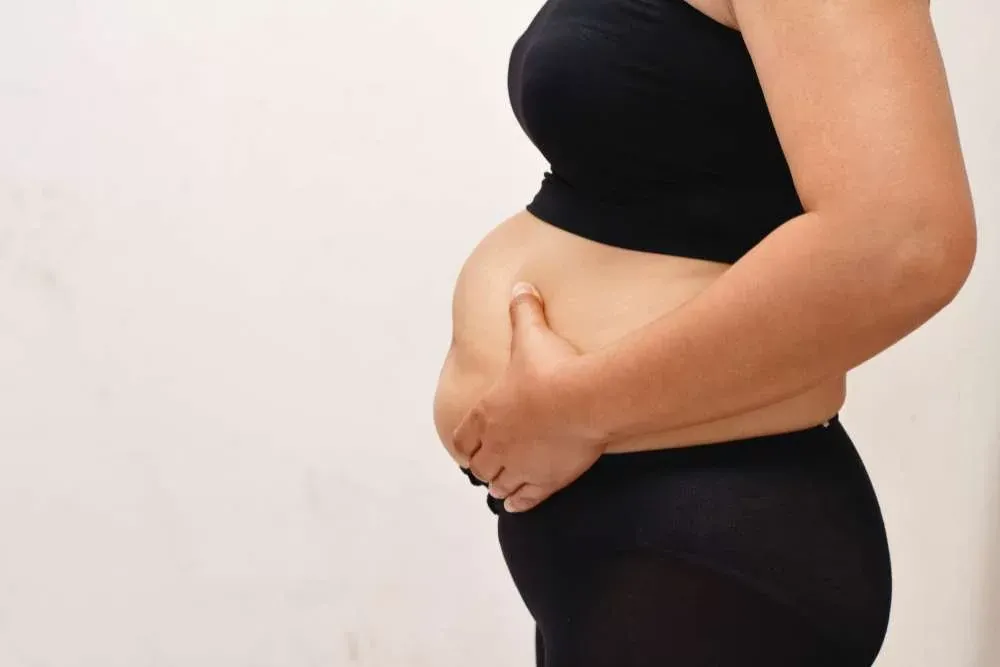
Which Weight Loss Surgery is Best for You?
Losing weight is not easy. If exercising and dieting has not worked for you, then you might consider getting weight loss surgery. There are numerous options available, so it is important to know which weight loss surgery is best for you and your health.
What is the Best Type of Weight Loss Surgery?
Bariatric surgery has proved to be one of the most reliable weight-loss procedures that results in long-term weight loss and a reduction in weight-related medical problems. The surgery has few risks, is minimally invasive, and the most popular procedures have a recovery period of two to three weeks. Because of this, a lot of obese patients are turning to bariatric surgery as a weight-loss option.
It is also possible to get a bariatric revision surgery in Baltimore if you start to experience conditions resulting from the surgery, such as a staple line leak. Revision surgery is also available for patients who do not experience the weight loss they expected.
Requirements for Bariatric Surgery
Some of the requirements you need to meet to qualify for weight loss surgery are:
- BMI of 40 or higher.
- Be between 35 and 40 years with health conditions like high blood pressure, high cholesterol, or sleep apnea.
- Between 30 and 35 and have uncontrolled diabetes.
Types of Bariatric Surgeries
There are three main types of permanent bariatric surgeries. Procedures such as the adjustable gastric band (or Lap-Band) or the gastric balloon are considered temporary.
Gastric bypass surgery
Gastric bypass surgery (also known as Roux-en Y gastric bypass) is performed by surgically dividing the stomach into two parts, creating a pouch where food can be stored, then connecting the stomach pouch to a lower part of the small intestine. It’s the original bariatric surgery and has been performed for over half a century. It’s proven to be highly effective for helping patients lose weight.
Sleeve gastrectomy
Also known as the gastric sleeve, this surgery involves removing up to 85% of the stomach, leaving a small “sleeve” where the food goes. This procedure is safer than a gastric bypass due to the fact that the surgeon does not have to reroute the intestine.
Doctors often recommend a sleeve gastrectomy for people who have a BMI over 40, those who are high-risk for more intensive surgeries, or those who have already had multiple abdominal surgeries.
Read more: How Sleeve Gastrectomy Became A Common Bariatric Procedure
Duodenal switch
A duodenal switch is almost like a hybrid of gastric bypass and gastric sleeve surgery, although it’s performed in a slightly different way. A surgeon removes up to 70% of your stomach, then connects your reshaped stomach to a lower part of your small intestine to form a biliopancreatic limb.
This process restricts the amount of food a patient can eat while also significantly reducing the body’s ability to digest fats. A duodenal switch results in even more weight loss than other bariatric options. However, it has a higher risk of surgical complications and presents a very real risk of malnutrition post-op.
Doctors often recommend a duodenal switch for people with severe obesity (BMI above 50) and those with severe diabetes or high blood pressure.
Weight Loss Surgeon, Maryland
So, what is the best weight loss surgery? It is important to consult your surgeon after doing your research so you can get recommendations best suited for your body.
Gastric sleeve surgery in Maryland is available for all those considering bariatric surgery. You can also contact surgeons in the area to find out more about weight loss surgery in Maryland, including options for bariatric revision surgery in Baltimore.